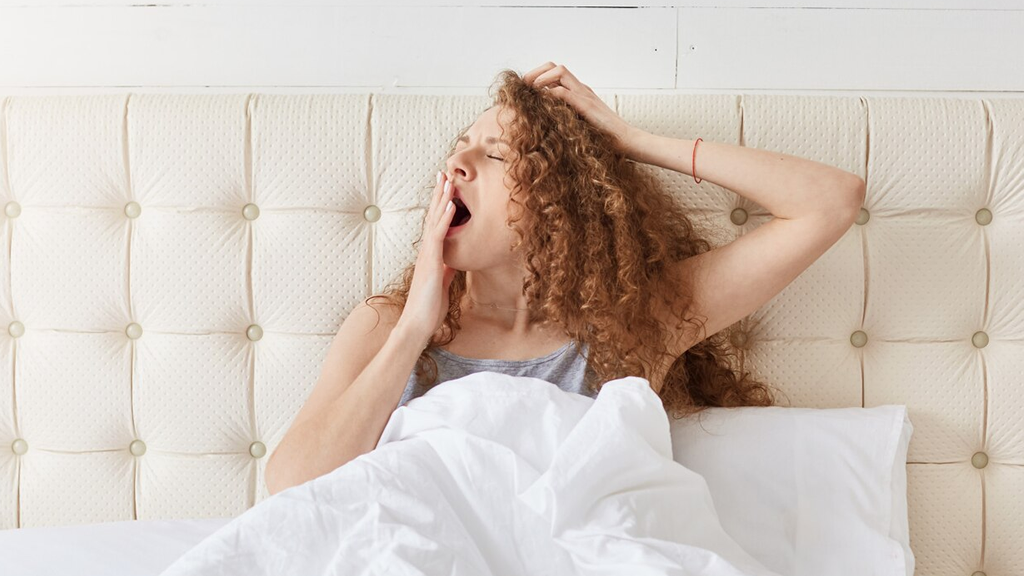As your fitness source, we often focus on the physical benefits of exercise and nutrition. But it’s important to remember that mental health is just as crucial to overall wellness. One aspect of mental health that often gets overlooked is sleep.
Many of us are guilty of skimping on sleep in order to fit in more work, exercise, or socializing. But the truth is, sleep is just as important to our health as diet and exercise. In fact, research shows that chronic sleep deprivation can have serious consequences for our mental health.
One study published in the journal Sleep Medicine Reviews found that sleep disturbances are a risk factor for the development of mental health disorders such as anxiety, depression, and bipolar disorder. Another study published in the Journal of Clinical Psychiatry found that poor sleep quality is associated with an increased risk of suicidal thoughts and behaviors.
So why is sleep so important for mental health?
There are a few reasons:
First, sleep helps regulate our mood. When we’re sleep deprived, we’re more likely to feel irritable, anxious, or depressed.
Second, sleep is crucial for cognitive function. When we don’t get enough sleep, our ability to concentrate, make decisions, and remember things is impaired.
Finally, sleep is important for regulating the stress response. Chronic sleep deprivation can lead to an overactive stress response, which can contribute to the development of anxiety and depression.
So what can you do to improve your sleep and protect your mental health? Here are a few tips:
- Stick to a consistent sleep schedule. Try to go to bed and wake up at the same time every day, even on weekends.
- Create a relaxing bedtime routine. This could include taking a warm bath, reading a book, or practicing relaxation techniques like deep breathing.
- Avoid screens for at least an hour before bed. The blue light emitted by phones, tablets, and computers can disrupt your sleep.
- Create a sleep-conducive environment. Make sure your bedroom is cool, quiet, and dark.
- If you’re still struggling with sleep, consider talking to a healthcare provider. They may be able to recommend treatments such as cognitive behavioral therapy for insomnia or medication.
Remember, taking care of your mental health is just as important as taking care of your physical health. Prioritizing sleep is one simple step you can take to protect your mental wellbeing.
References:
- Freeman D, et al. Sleep disturbances and psychosis: The evidence, challenges, and implications for treatment. Sleep Med Rev. 2015;25:14-22.
- Bernert RA, et al. Sleep disturbances as an evidence-based suicide risk factor. Curr Psychiatry Rep. 2015;17:554.
- National Sleep Foundation. How Much Sleep Do We Really Need? https://www.sleepfoundation.org/how-sleep-works/how-much-sleep-do-we-really-need. Accessed May 8, 2023.
###










